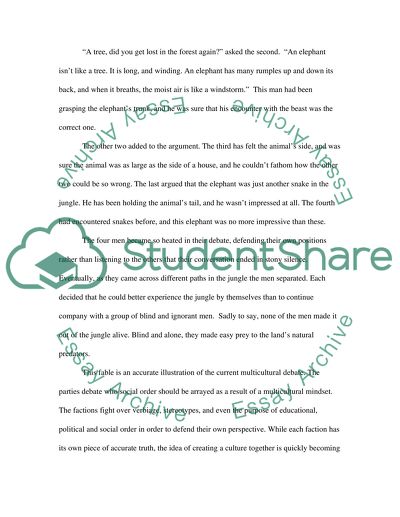Cite this document
(Culture and Multiculturalism Essay Example | Topics and Well Written Essays - 3000 words, n.d.)
Culture and Multiculturalism Essay Example | Topics and Well Written Essays - 3000 words. Retrieved from https://studentshare.org/culture/1510554-multicultralism
Culture and Multiculturalism Essay Example | Topics and Well Written Essays - 3000 words. Retrieved from https://studentshare.org/culture/1510554-multicultralism
(Culture and Multiculturalism Essay Example | Topics and Well Written Essays - 3000 Words)
Culture and Multiculturalism Essay Example | Topics and Well Written Essays - 3000 Words. https://studentshare.org/culture/1510554-multicultralism.
Culture and Multiculturalism Essay Example | Topics and Well Written Essays - 3000 Words. https://studentshare.org/culture/1510554-multicultralism.
“Culture and Multiculturalism Essay Example | Topics and Well Written Essays - 3000 Words”, n.d. https://studentshare.org/culture/1510554-multicultralism.


